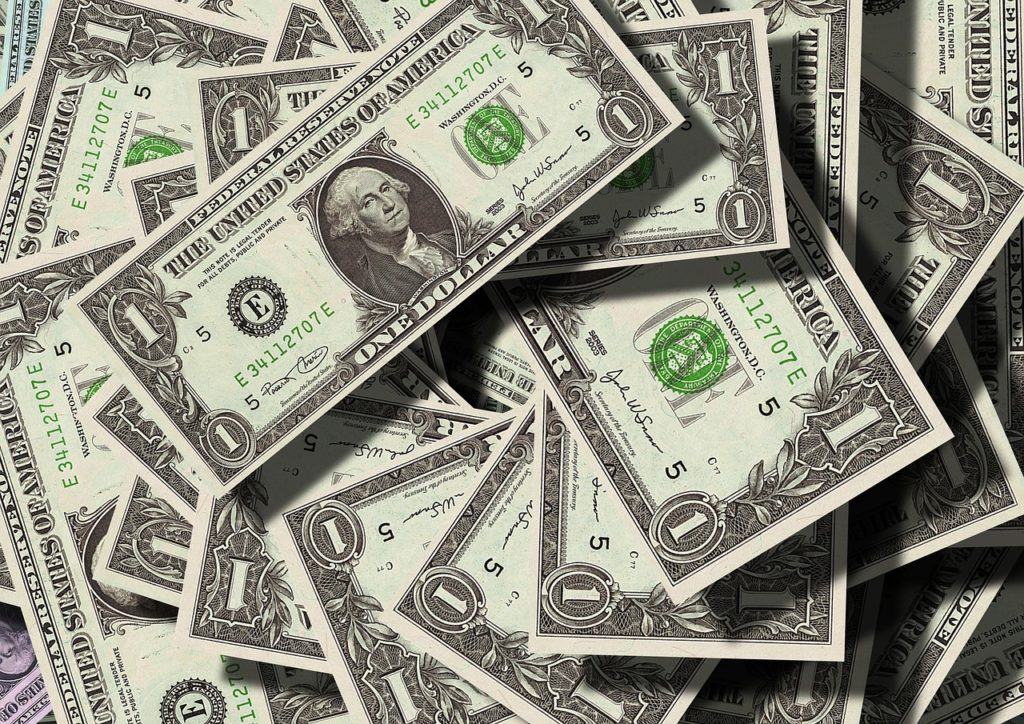What To Do With A Windfall
As lovely as it may be, it could pay off all your debts, it could give you that dream holiday, or it could buy you a house, but coming into some money can also be very stressful, and you just might not know what to do with it.
Whether it’s through inheritance, a lottery win or something else, a windfall can be very daunting. It’s great to have access to all this money you didn’t have before, but it can also be overwhelming and can cause you to worry about how to protect it.
There are a few steps you can take to ensure that your new found funds are protected.
Take Your Time
Take time to think about what you want to do. No matter how you came into the money, if it was unexpected, it is very easy to get carried away with a luxury lifestyle and end up blowing the lot, treating it differently to the money you have earned. It’s a good idea to put your money away into an easy access savings account, at least for a little while. The interest available won’t be the highest possible, but it will give you time to put together a more long-term financial plan.
Sshhh!
You might want to shout it from the rooftops, but be careful. If people catch wind of your good fortune, you may find that you’re getting more visitors than usual and everyone’s extremely friendly to you. However, splashing out on your nearest and dearest can result in your windfall quickly disappearing. It will probably be difficult to hide your new lifestyle from those you know, so consider creating a ‘cover story.’
Don’t forget the taxman
Tax implications really depend on the type of windfall you received, for example, if it is an inheritance, the tax is currently levied at a rate of 40% on the value of an estate above the tax-free threshold, which is £325,000 per person. Married couples and civil partners are entitled to double the allowance, passing on assets to their children or other relations worth up to £650,000 before a tax charge is triggered. However, if you have won the lottery, this money is treated as a gambling win, and as such payments are tax-free. However, once the payment has been made, any interest or income generated from the capital will be subject to Income Tax at your highest marginal rate.
Clear your debts
This should probably be the first thing you do, but if your lump sum is not large enough to wipe out all your debts, focus on loans secured against your home or credit cards with high-interest rates.
Invest
Depending on how much you have, look at investing your money into something that can help to grow your money, you could buy commercial property and rent it out, you could invest in a startup company, the opportunities are endless.

